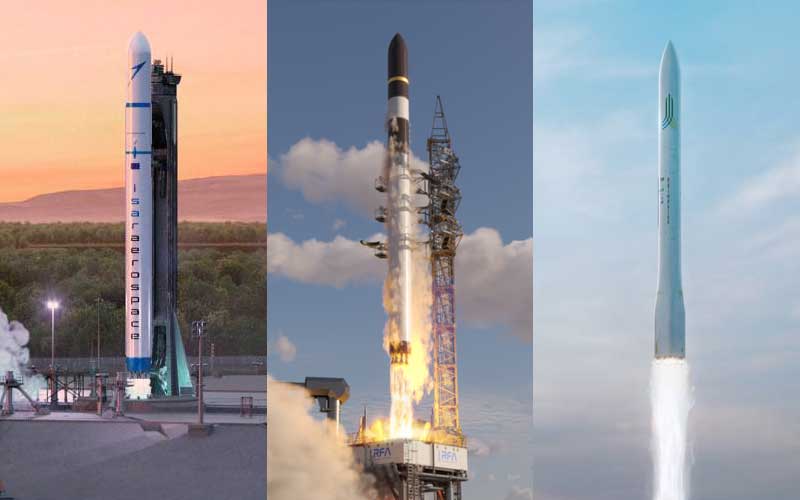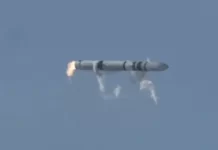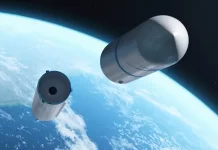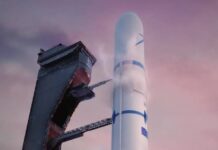
The German government has announced that it will make €95 million in additional funding available to support Isar Aerospace, Rocket Factory Augsburg, and HyImpulse.
On 19 December, the German government announced that the new funding would assist German rocket builders in the final phases of development ahead of the inaugural flights of their rockets. According to an official press release, the funding was “released through reallocations and in some cases also higher subscriptions of German ESA contributions.”
“It is more important than ever that we in Germany and Europe secure our technological sovereignty,” said Dr. Anna Christmann, Federal Government Coordinator of German Aerospace Policy. “Space travel is an enormous growth market in which more and more start-ups are active in Germany. We want the New Space start-ups of today to become the global players of tomorrow. With ESA’s European Launcher Challenge and the current strengthening of German microlaunchers, we are offering the best conditions for this.”
The new funding will be allocated through the European Space Agency’s Boost! programme, of which Germany is the largest contributor. The Boost! programme supports the development of commercial space transportation services in Europe through co-funding for private companies developing launch services.
In addition to supporting the development of national launch capabilities, the German government hopes that this injection of funding will strengthen the position of the country’s launch start-ups ahead of their participation in the planned European Launcher Challenge (ELC).
The ELC was announced following the ESA council meeting in Seville, Spain, in November 2023. The primary aim of the initiative is to incentivize the development of sovereign European commercial launch capabilities. However, the programme is also being positioned as a means to support a competitive, commercially driven successor to Ariane 6.
Earlier this week, ESA announced that it would begin soliciting ELC bids in February 2025. The agency’s member states will vote on funding for the programme at the ESA ministerial council meeting in late 2025.




